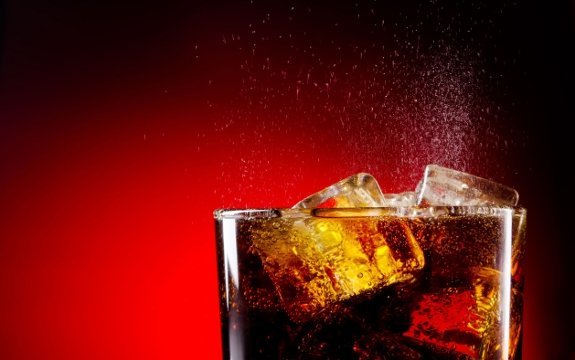Soda, Sugar Causing Obesity in Children as Young as 5

 Although it’s less likely these days to see a child with their baby bottle filled with soda, it does happen. And when you consider the amount of sugar in juices that aren’t 100% fruit juice, even filling a sippy cup with these sugary drinks is an exercise in obesity-related-disease-roulette. The fact is, U.S. children are drinking too many sugary beverages and their health is failing as a result.
Although it’s less likely these days to see a child with their baby bottle filled with soda, it does happen. And when you consider the amount of sugar in juices that aren’t 100% fruit juice, even filling a sippy cup with these sugary drinks is an exercise in obesity-related-disease-roulette. The fact is, U.S. children are drinking too many sugary beverages and their health is failing as a result.
As CBS News reports, an estimated 17 percent of children between the ages of 2 and 19 are obese. We’ve seen the research linking older children’s consumption of sugary drinks to obesity, but results among the younger youths have been mixed. Now, however, a new study has linked sugary drink consumption and obesity in children between the ages of 2 and 5.
“Even though sugar-sweetened beverages are relatively a small percentage of the calories that children take in, that additional amount of calories did contribute to more weight gain over time,” said dr. Mark DeBoer of the University of Virginia in Charlottesville.
DeBoer and a team of researchers tracked 9,600 children between the ages of 2 and 5, surveying their parents concerning drinking and television-watching habits. Their body mass index measurements were calculated and compared with these lifestyle measurements.
For 4 and 5 year olds, the findings were troubling, mirroring what we already knew from older children—the more sugary drinks that were consumed, the greater the risk for obesity. Specifically, in five-year olds, a daily sugary drink habit was associated with an increased risk of obesity by 1.5 times. This is especially bad news considering that children are consuming nearly 7 trillion calories of sugar from cancer-causing beverages each year.
Read: Soda, Sugary Beverages Linked to Obesity on Genetic Level
In addition, these same children were found to spend more time in front of the television—more than the two hours of daily TV consumption recommended by pediatricians. While we would argue that 2 hours is too much television, more than two hours is certainly excessive.
“As a means of protecting against excess weight gain, parents and caregivers should be discouraged from providing their children with (sugar-sweetened beverages) and consuming instead calorie-free beverages and milk,” concluded the researchers. “Such steps may help mitigate a small but important contribution to the current epidemic of childhood obesity.”
If by calorie-free beverages, the researchers mean water, we support this statement. However, calorie free beverages like diet sodas and “light” drinks are certainly not sound alternatives for a child’s health than those laden with high fructose corn syrup and sugar.
